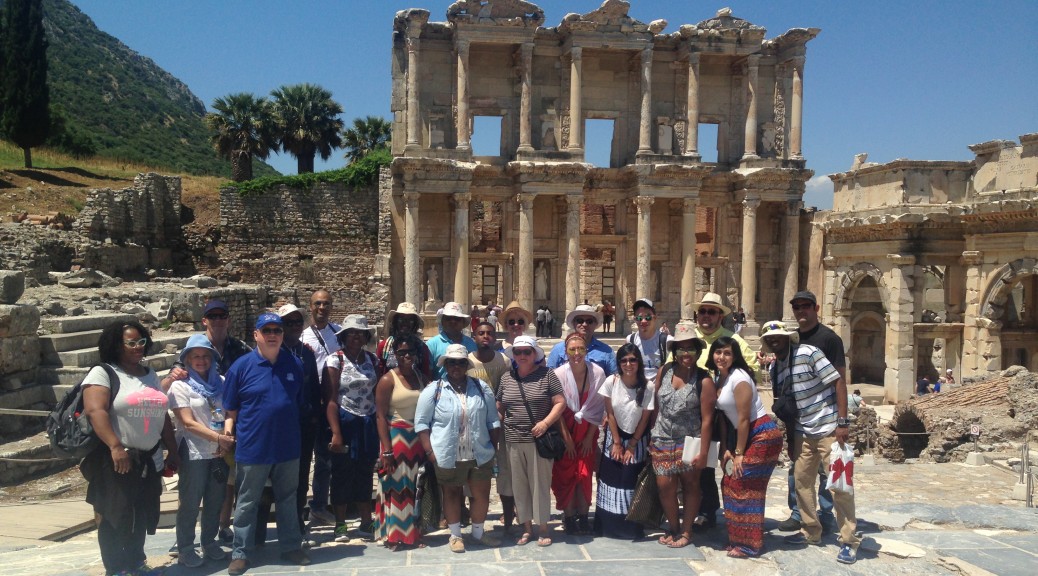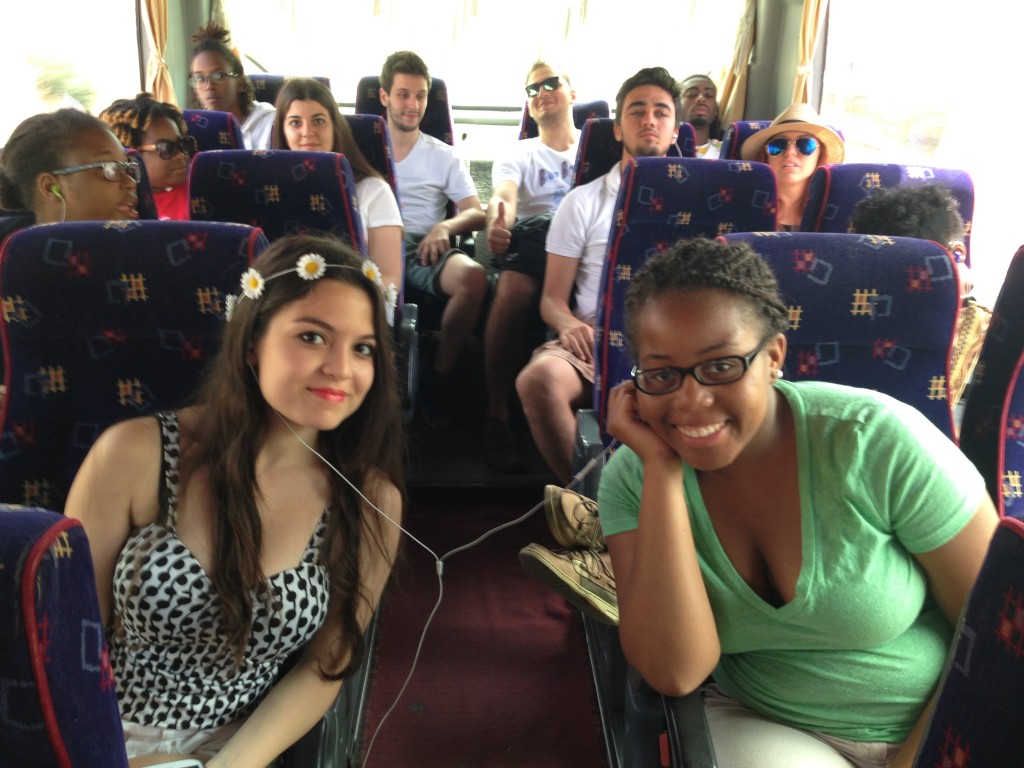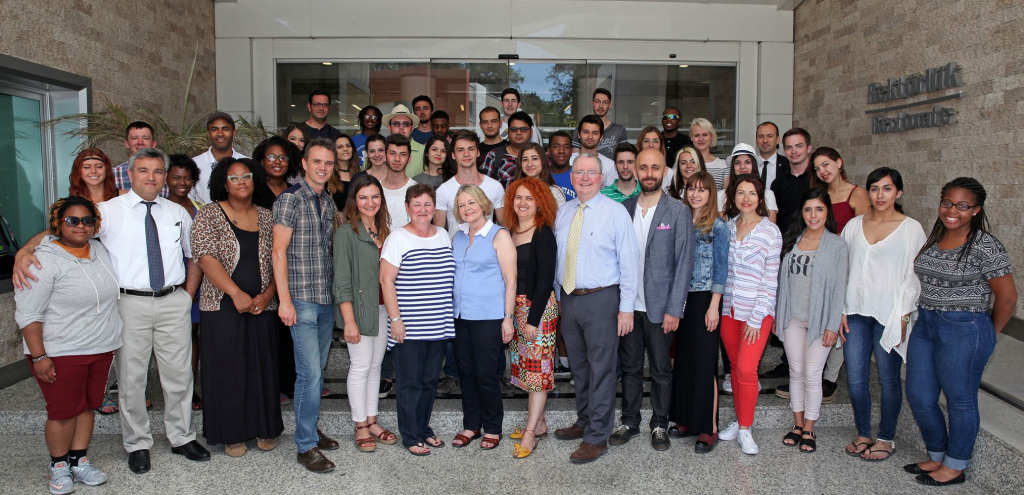NASHVILLE, Tenn. (TSU News Service) – High-performance computing and bioinformatics, and cyber security and networking are two of the fastest growing areas in the information technology industry, but few universities are offering advanced degrees with these unique concentrations to meet the demand of students and professionals seeking career advancement or employment. But Tennessee State University has joined a handful of institutions that have answered the call.
Last fall, the University began offering a Master of Science in Computer Science degree with a focus on providing training that is on the cutting-edge. TSU is the only public higher education institution in Nashville offering the M.S. degree in Computer Science.
According to Dr. Ali Sekmen, chair and professor of the Department of Computer Science, the new degree program is also suitable for students who intend to pursue a doctoral degree in Computer Science or related fields. He added that courses are scheduled in the evenings to accommodate working IT professionals.
 Sekmen said students could complete either the high-performance computing and bioinformatics, or cyber security and networking concentrations by pursuing a non-thesis option that requires 33 hours of coursework, or the thesis option that requires completion of 27 hours of coursework and a thesis. The thesis option is strongly recommended for students who intend to pursue a doctoral degree, he said.
Sekmen said students could complete either the high-performance computing and bioinformatics, or cyber security and networking concentrations by pursuing a non-thesis option that requires 33 hours of coursework, or the thesis option that requires completion of 27 hours of coursework and a thesis. The thesis option is strongly recommended for students who intend to pursue a doctoral degree, he said.
“The demand for high performance computing (HPC) in industry and research has significantly increased in recent years,” Sekmen said. “HPC has become a dominant paradigm due to the rapid developments in computer architecture such as multi-core, multi-processer, graphic process units.”
Additionally, Sekmen said the global bioinformatics market has been growing in “double digits” with increased demands in medicine, healthcare, and life sciences.
“HPC and bioinformatics are driving the medical industry’s search for novel systems that will result in innovative therapies. As a result, it is highly important that TSU, as with many other universities, begin to provide opportunities for students to pursue this area of expertise,” Sekmen said.
Although enrollment in the TSU program has doubled initial projections since it started a year ago, it is still a small part of the huge demand. According to the 2013 U.S. Bureau of Labor Statistics, the computer science job-opening forecast for 2010 through 2020 is 2.4 times larger than the number of computer science graduates. There will be about one million more jobs than students by 2020.
Between 2010 and 2012, the U.S. Department of Homeland Security increased its cyber-security workforce by 500 percent, but the agency’s demand for more expertise in these critical areas remains very high, with a grim outlook. The U.S. is not producing enough people with the right skills set to make progress in the search for more cyber-security trained experts. When it comes to compensation, Sekmen said Computer Science is among the highest-paid fields in science, technology, and engineering, and the U.S. Department of Labor projects that it will continue to be one of the fastest growing occupations for the near future.
“Employers seek professionals with strong skills in programming and software systems, and development, areas that are strongly emphasized in our Master of Computer Science degree program,” Sekmen added.
For more information on the M.S. in Computer Science program contact Dr. Tamara Rogers at [email protected] or (615) 963-1520.




